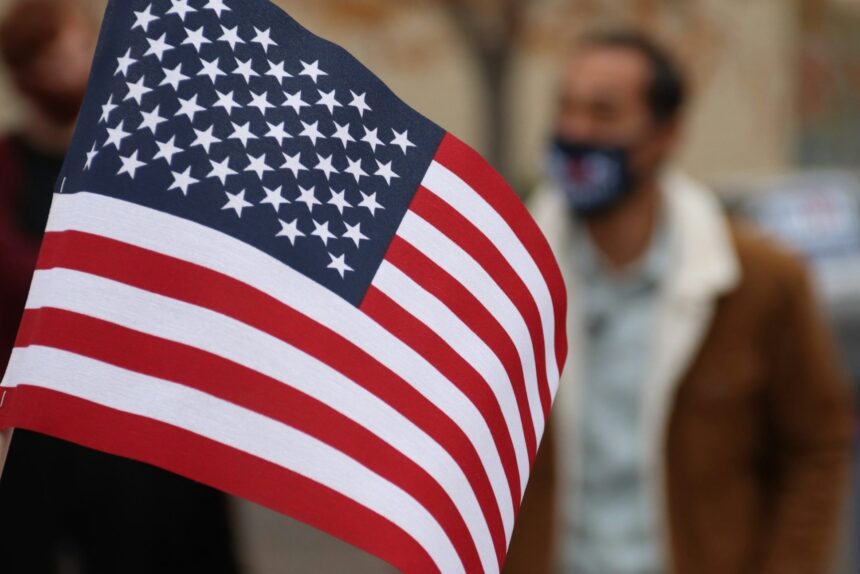AI-generated Biden robocall urges Democrats not to vote

24.01.2024
In an alarming development, an AI-generated robocall, purportedly impersonating President Joe Biden, has recently emerged, urging members of the Democratic Party to abstain from participating in the upcoming primary scheduled for Tuesday.
Prominent New Hampshire Democrat and former state party chair, Kathy Sullivan, has strongly advocated for the prosecution of those responsible, characterizing the incident as a severe assault on democracy.
The call commenced with a disdainful “What a bunch of malarkey,” a phrase closely associated with the 81-year-old president, subsequently discouraging Democratic voters from participating in the primary. Instead, it suggested that they reserve their votes for the November election.
Sullivan, an attorney, is deeply concerned about potential legal violations associated with the call and is committed to identifying and holding the individuals behind it accountable. New Hampshire Attorney General John Formella has urged voters to disregard the contents of the call.
This controversial robocall has prompted an official investigation, with NBC News releasing a recording of the call. Notably, Sullivan’s phone number was included in the message, raising valid concerns regarding privacy and the potential for harassment.
This incident unfolds within the broader context of an ongoing debate surrounding the utilization of AI in political campaigns. Recently, OpenAI suspended the developer of Dean.Bot, a ChatGPT-powered bot mimicking Democratic candidate Dean Phillips, further fueling concerns about AI manipulation in elections.
As anxieties about AI manipulation in electoral processes escalate, advocacy groups like Public Citizen are actively pushing for federal regulations. A petition from Public Citizen specifically calls upon the Federal Election Commission (FEC) to regulate the use of AI in campaign advertisements. While FEC Chair Sean Cooksey acknowledges the issue, he indicates that resolving it may extend into early summer.
The emergence of this deepfake call and the impersonation of politicians through chatbots has intensified calls for swift action to address the potential disruptions that AI could introduce into elections. Concurrently, state lawmakers are contemplating bills to counteract such practices, prompting a critical examination of the democratic processes’ vulnerability to AI manipulation, especially in this pivotal election year.